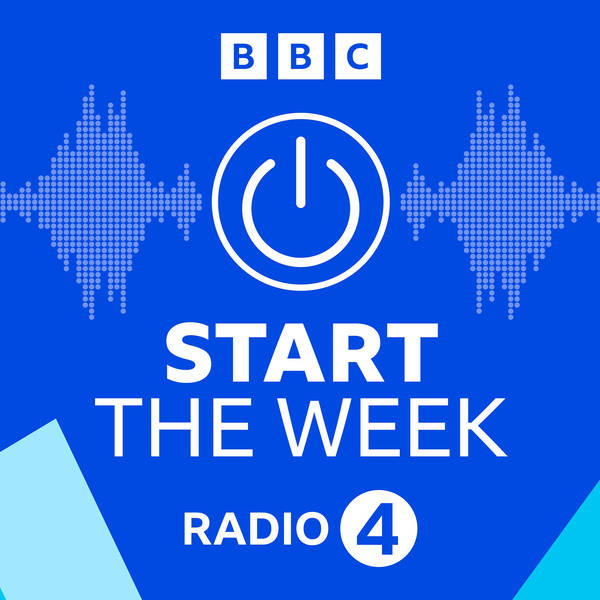
The battle against so-called Islamic State
David Nott's holiday plans are not like most. For 25 years the surgeon has used unpaid leave to volunteer as a war doctor. His work has taken him from Sarajevo under siege to rebel-held Aleppo, and to the aftermath of natural disasters in Haiti and Nepal. He tells Kirsty Wark how a combination of bravery, compassion and the thrill of danger inspired him to risk his life helping others.
Azad Cudi had war forced upon him as a conscript in the Iranian army. A decade later he volunteered in the fight for an independent Kurdistan: as a sniper fighting against so-called Islamic State. His memoir, Long Shot, describes the fighters, activists and intellectuals he worked alongside. He asks what will happen to the Kurdish cause as Western powers look to pull out of Syria and Iraq.
Men are not the only volunteers in the Middle East - and the causes that influence people are not always positive. Joana Cook from the International Centre for Radicalisation Studies has examined the large number of women and teenagers who have become "affiliates" of the so-called Islamic State. Some women were inspired by the healthcare, education and job opportunities offered to volunteers. Others became powerful agents of radicalisation. Cook urges politicians to consider these nuances when they decide what to do with volunteers who now wish to return home.
The morality of public duty and public service is the topic of an upcoming lecture by Claire Foster-Gilbert, director of the Westminster Abbey Institute. She argues that public servants in politics and beyond make moral choices every day; but that if we fail to scrutinise these properly, we could fail prey to anger, vengeance and injustice.
Producer: Hannah Sander